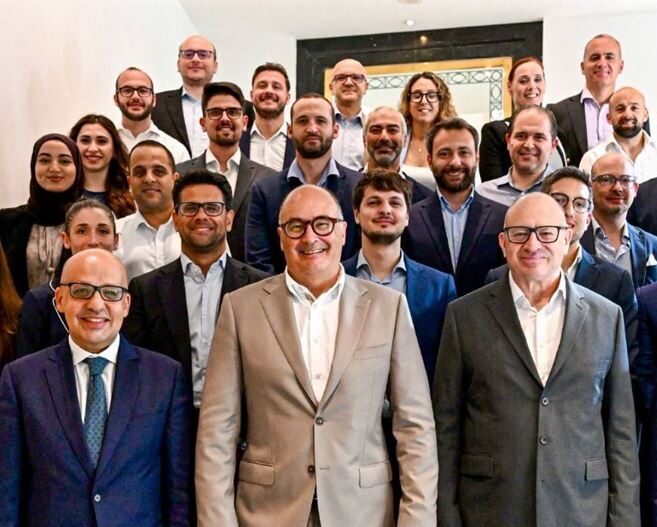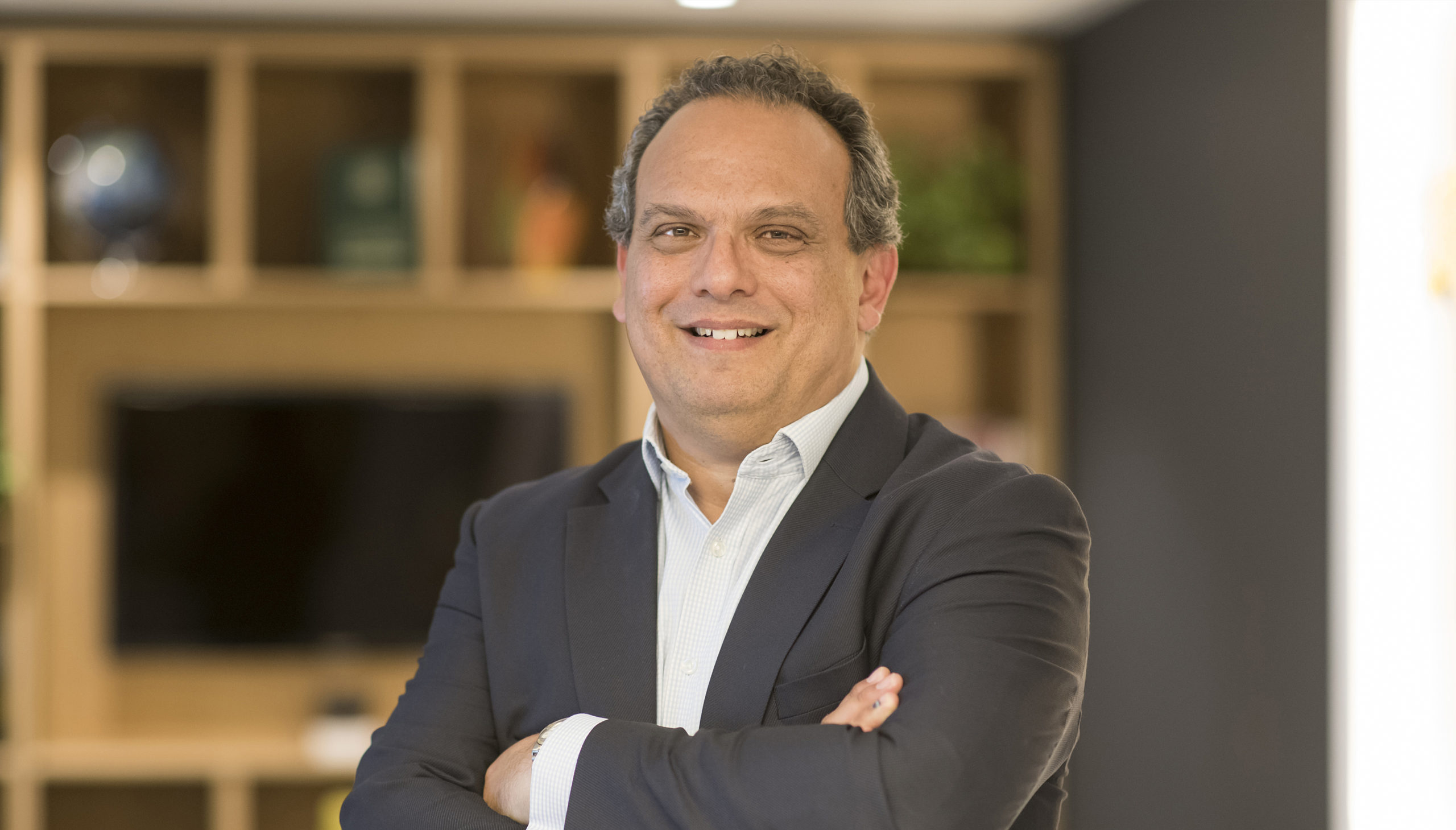Artificial intelligence (AI) has dominated global business spheres in recent years, with growing awareness about its potential benefits and that of other emerging technologies.
According to the latest annual McKinsey Global Survey, conducted by global management consulting firm McKinsey & Company, a third of respondents are utilising generative AI in at least one of their organisation’s functions. AI has gone from being a topic that was previously only discussed by employees within tech departments, to now coming up in conversations at board-level between C-level executives.
Despite the increased prominence of AI in discussions, businesses are still wary about whether they are ready to make full use of emerging technologies’ potential. These types of technologies tend to require substantial investment in infrastructure and talent, two elements that may prove troublesome for organisations in today’s business environment.
Contacted by this newsroom, Equinox Group CEO and IT specialist Bernard Mallia acknowledged that it is important for businesses to assess whether they have the right foundations in place to adopt AI to their operations and fully benefit from it.
Equinox Group is comprised of companies specialising in business advisory and education within various areas, including technology such as big data, business intelligence, AI, and the Internet of Things (IoT). Mr Mallia has been at the helm of the group since 2008, also becoming Director of its education providing subsidiary Equinox Academy in 2016.
He remarked that each business is unique, and hence there is “no one-size-fits-all approach that works” for AI readiness. This is because the answer is very much dependent on a number of factors that go over and beyond the industry businesses operate in. Businesses also need to take note of their specific setup, management practices, IT infrastructure, and skillsets.
Despite this, Mr Mallia explained that there are still a number of key areas that can be thought of as a “common denominator and which apply almost across the board”.
He started off by stating that businesses must analyse the technology infrastructure that they have in place, focusing not just on current capabilities but also on “scalability for future growth”.
“For example, a retail business might start with basic AI for inventory management but should plan for more advanced predictive analytics as data volume grows,” he added.
Additionally, businesses also need to assess the “cleanliness, quality, quantity, and accessibility” of the data that they already have and are seeking to store. Using healthcare as an example, Mr Mallia said that organisations within that sector which are seeking to implement AI in patientcare need to ensure compliance with the Health Insurance Portability and Accountability Act (HIPAA), together with the “anonymisation or at least pseudonymisation of sensitive patient data”.
Organisations also need to take into consideration the readiness of their present employees, developing a detailed plan for training them and hiring new talent.
“A manufacturing company might need to train its engineers in data science to effectively implement AI in production processes and it might need to shift some employees around as AI takes away precious jobs and creates new ones,” Mr Mallia said. He added that this depends on if employees are willing to move and if the company recognises that “company-specific experience is crucial, even in the realm of AI”.
In addition to this, AI and emerging technologies require substantial investment. Therefore, businesses must calculate the return on investment (ROI) of AI.
“Businesses should conduct a cost-benefit analysis, considering both direct costs, like software and hardware, as well as indirect costs, such as training and potential downtime during implementation. They also need prioritise investments where ROI is the highest so that subsequent investments are easier to make as they would be paid off by the return on previous ones,” Mr Mallia said.
Mr Mallia also stressed the importance of analysing whether a firm’s strategy aligns with AI initiatives. He remarked that AI can potentially be used to address a number of “low-hanging fruit” for businesses including providing more personalised customer service interactions through the implementation of AI-driven chatbots.
For a company to seamlessly integrate AI into its digital infrastructure and strategy, it first has to make sure that its culture is one that is forward-looking and ready to accept this shift.
“Foster a corporate culture that is open to digital transformation and continuous digital improvement, addressing potential resistances to change,” Mr Mallia said.
To explain this, he utilised the example of a traditional publishing house seeking to adopt AI for content curation. In such a case, it will need to “manage transition carefully, ensuring staff understand and embrace the new technology, while fully understanding its risks”.
Additionally, Mr Mallia noted that just as emerging technologies are growing in popularity, they are also being more strictly monitored and regulated. As a result, it is vital for businesses seeking to utilise AI to take note of a number of regulatory compliance and ethical considerations.
Businesses need to delve into specific regulatory challenges, including the General Data Protection Regulation (GDPR), which came into force in 2018, ensuring that the way that they will be utilising the emerging technology abides by the laws in place. Other regulations include the Digital Markets Act (DMA), the Digital Services Act (DSA), and the proposed EU AI Act.
Tied to the aforementioned point, Mr Mallia also highlighted that businesses must properly examine their risk management and governance structures, establishing specific ones for AI use. These include ethical AI guidelines and strict protocols for data security.
This is particularly important in the banking sector, where AI tends to be used for fraud detection. In these cases, banks must have “clear policies on data usage and customer privacy, and should have ethical hackers and social engineers constantly probing the system to patch any holes discovered in the same way that it conducts a fire drill every so often”, Mr Mallia continued.
When seeking to introduce AI to their operations, businesses must also take note of the market and competitive landscape by conducting a thorough market analysis to see how competitors are using AI.
In doing so, companies need to also look at different markets and possible innovators to explore potential collaborations, focusing on how these partnerships can enhance AI capabilities within the organisation.
Mr Mallia noted that through careful analysis of these factors and a focus on “practical implementation challenges”, businesses can gain a “more nuanced and actionable understanding of their readiness to harness AI’s potential”.
He concluded that such an approach ensures a “realistic assessment, balancing the excitement – and sometimes euphoria – of AI innovation, with the practicalities of effective integration”.
Featured Image:
Equinox Group CEO Bernard Mallia / Equinox Advisory
Alison Micallef appointed CEO at Malta Development Bank
She steps into the new role effective immediately.
Impact beyond profit: CSR in Malta is a must in 2025
Nowadays, corporate social responsibility can no longer take a backseat in your business's vision.
Malta’s private equity sector urged to seize opportunities at high-level CEO seminar
Panellists highlighted Malta’s potential as a destination for private capital, citing its English-speaking workforce, regulatory accessibility, and strategic location.
Ronald Attard takes on expanded role as Managing Partner for Risk Management at EY Europe Central
He has built experience in management accounting, corporate finance, and mergers and acquisitions.









